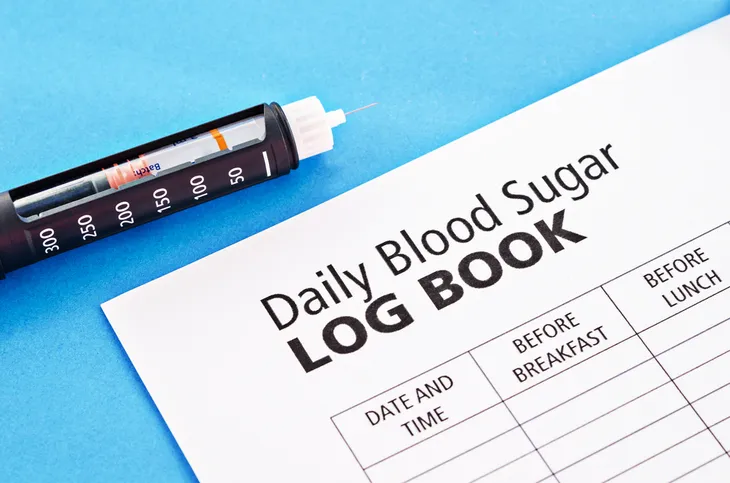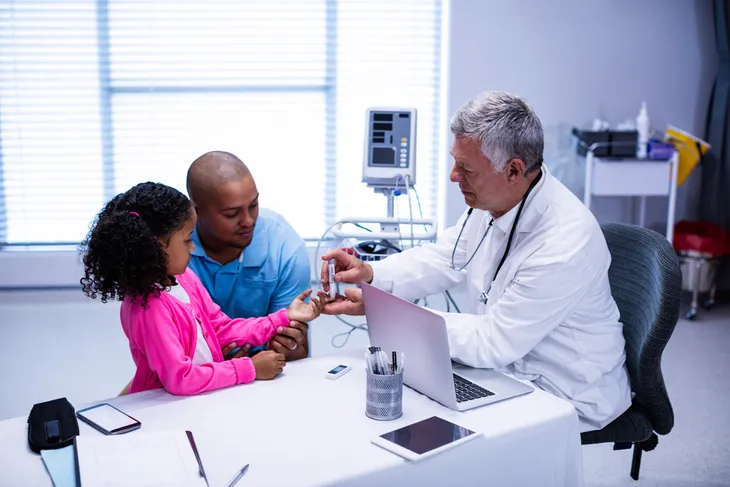The first thing to remember when dealing with both the teachers and the caregivers of your child is that both of these crucially important people play a pivotal role in the life of your child. This can never be understated. When you are not around, managing your child’s diabetes falls on their shoulders. But remember, as much as we would like to think otherwise, the job these two have do not just revolve around your child.
They deal with many families at once and it can be overwhelming. In most cases, they have been trained in what I like to call, “broad strokes.” When dealing with the education of a child, or the treatment of a child with diabetes, it is crucial for parents to understand what their endo and teacher are facing each and every day.
While these people are here to help, it’s important to remember there are 480 minutes in a work day and the school has 500 students. Sit with those numbers for a minute. The takeaway is that parents have to be ready to advocate for their child. Do the homework, be ready. Get to the point and say what you think. Ask their advice, take their opinion into consideration, and thank them for their time. Remember, their time is as precious as yours.
Want diabetes content delivered straight to your inbox? Sign up for our Diabetes newsletter and receive exclusive news and articles written from our team of diabetes experts.
Caregivers: Plan Ahead
Your appointment with your caregiver is usually set in advance. At some point after your child has been diagnosed and been to more than a few caregiver visits, you will understand the drill. You review your child’s blood glucose numbers and their A1C number will be discussed. Set the appointment for a blood test about a week before your child’s caregiver visit. Check with the practice on how long it takes for them to have the results, and plan accordingly. This way you are discussing the most current A1C.
Caregivers: Keep Detailed Notes
Be prepared by bringing your own documented information. You can do this by either manually writing it down in a logbook, or downloading it via software. To save time, do not wait until you get to the caregiver’s office to start to figure out a download. Hand your caregiver a log or some printed sheets as this will get their immediate attention. It will also save time for the most important part of your visit.
During the months between visits, keep a very basic log, or journal, of things that “pop up” that got your attention. Before you take your child to the caregiver’s office, pick 2 or 3 things that really stuck out and the dates. This way, you are ready when you sit down directly across from your caregiver.
Caregivers: Do Your Own Research
While we were still at the hospital after Kaitlyn’s diagnosis, we made a deal with our doctor. If we leave a message that we need to speak to him, it will be after we already tried to figure it all out on our own. In the twenty years we were with our ‘peds-endo’, NOT ONCE did our call not get returned.
Conversely, we only called when we knew we needed him and not at every turn. Remember my daughter was two when diagnosed, but we did our homework and figured out to the best we could without merely guessing. When needed, we called.
Teachers and School Nurses
If you do not know what a 504 plan is, look it up online. Many organizations discuss these in length and I will not take the time here but to say, the time to bring these to the school is before school starts. Check with the school as to when the best time to discuss your child’s 504 plan when the teachers will be in the building. Some schools will want you to wait until after the first day, and you can push gently and suggest that before school starts might be better. Each school is different.
We would always meet with our children’s teachers to discuss their diabetes. This too, we did prior to the first day. It allowed us some-one-on-one-time and we were only with each teacher for 5- to 10-minutes.
Before the first day of classes, it is so much less hectic. This cannot be truer with anyone more than with the school nurse. We bought our child’s supplies and we had time to hear how she worked, and she heard how we were ready to help whenever needed. Your child’s needs will differ from others. Remember, you’re dealing with your child, the school nurse is dealing with 500.
Upon Finishing
Whether caregivers, teachers or school nurses always be cordial and understanding. They do not need to be reminded that, “…you pay their salaries…” (a story for another time that was shared with me). Thank them for their time and remember the goal, to be partners for the welfare of your child.
I am a DiabetesDad.








